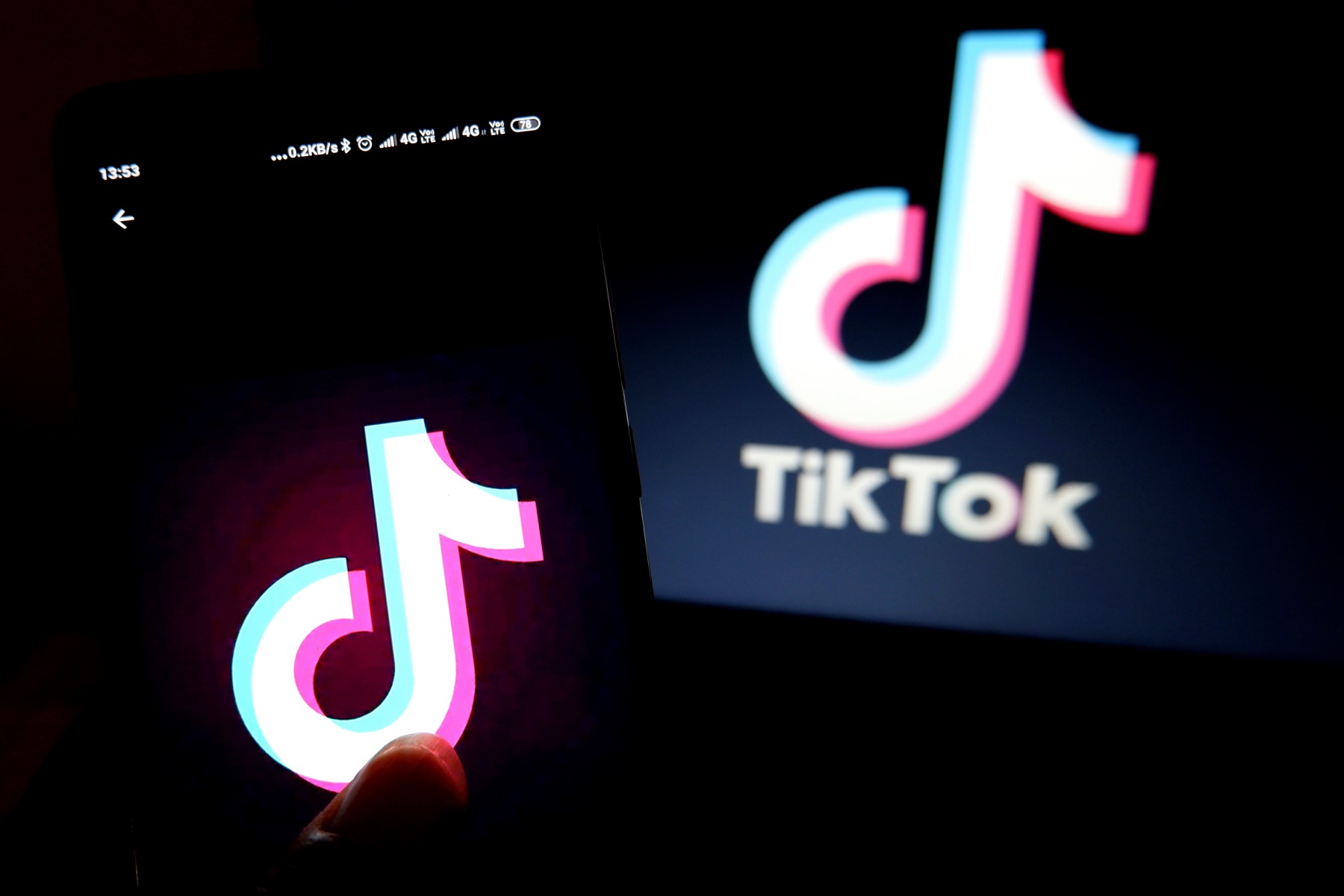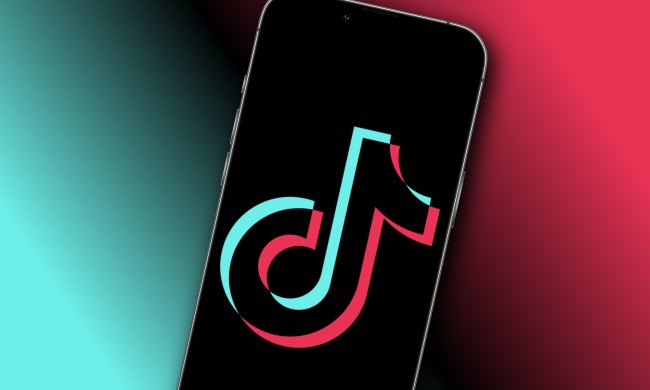TikTok reportedly told its moderators to demote or suppress content featuring “ugly” people or users who show signs of being poor.
The Intercept reports that TikTok’s content policy judged people’s physical appearance when determining whether to promote their videos on the platform. The Intercept was able to obtain copies of these moderator policies, which were written in Chinese and translated into English.
The company’s policy lays out what type of things moderators should look for when it comes to suppressing posts. This includes characteristics like “chubby,” “have obvious beer belly,” “ugly facial looks,” “senior people with too many wrinkles,” and “facial deformities (not limited to: eye disorders, crooked mouth disease, and other disabilities.”

“Unlike diversified videos of which the content itself is the main focus, in the non-diversified content, the character himself/herself is basically the only focus of the video, therefore, if the character’s appearance or the shooting environment is not good, the video will be much less attractive, not worthy to be recommended to new users,” the policy states as a reason for the rules.
In addition to people’s physical features, moderators were also told to look out for shooting environment that is “shabby and dilapidated,” such as “slums.” Moderators were also told to look out for cracked walls and “disreputable decorations” in the background of videos.
A spokesperson for TikTok told The Intercept that the policies of suppressing unattractive or disabled users “represented an early blunt attempt at preventing bullying, but are no longer in place, and were already out of use when The Intercept obtained them.”
Digital Trends reached out to TikTok to comment further on these reports of suppressed posts. We will update this story when we hear back.
This kind of content censorship only adds fuel to the fire about accusations that the company censors different topics from transgender users to Tiananmen Square. However, the company recently announced a TikTok Transparency Center meant to allow outside experts to see how content moderation at TikTok actually works.
In a little over two years, TikTok has rapidly accumulated more than a billion users and more than 700 million downloads across the globe. TikTok allows users to take short videos of themselves, to which they can attach sounds or music. The app also offers other customization options such as filters, stickers, and special effects, making it popular among younger audiences.


